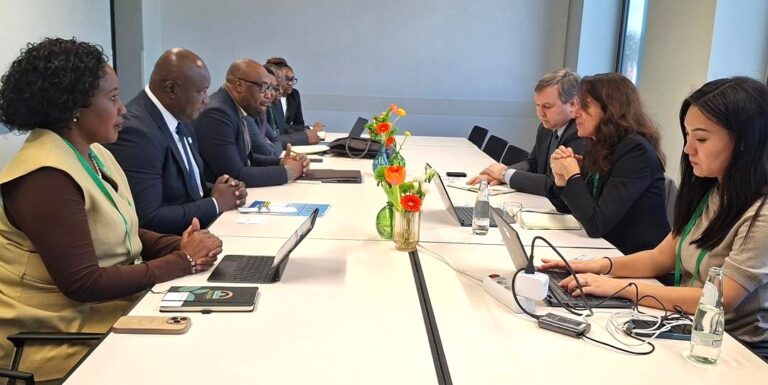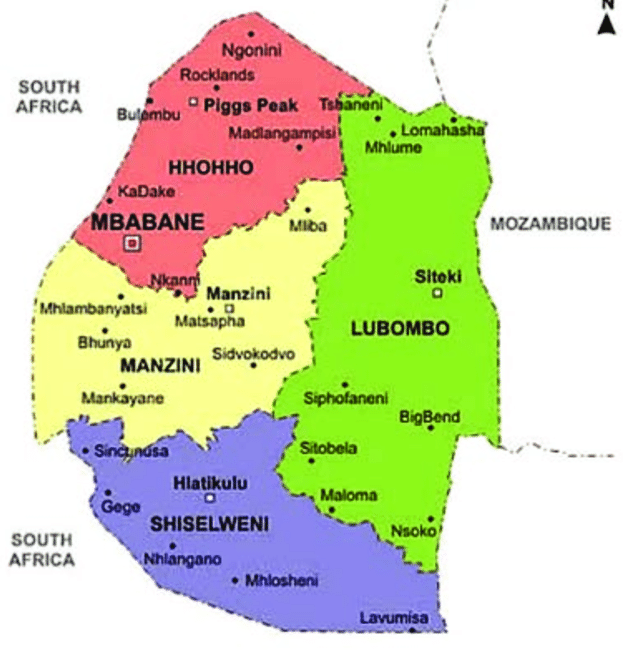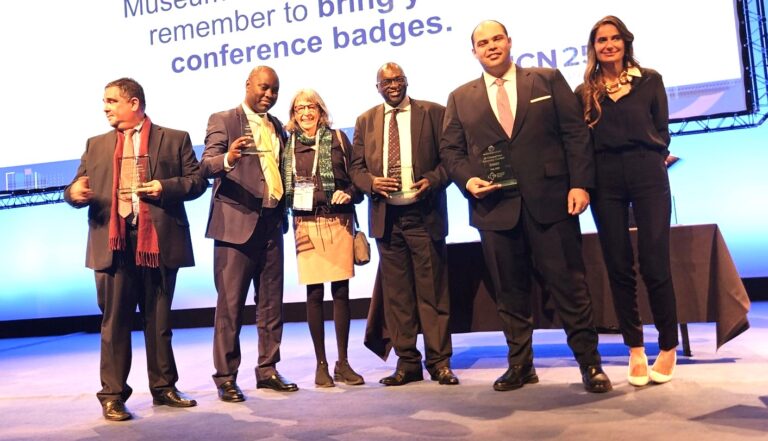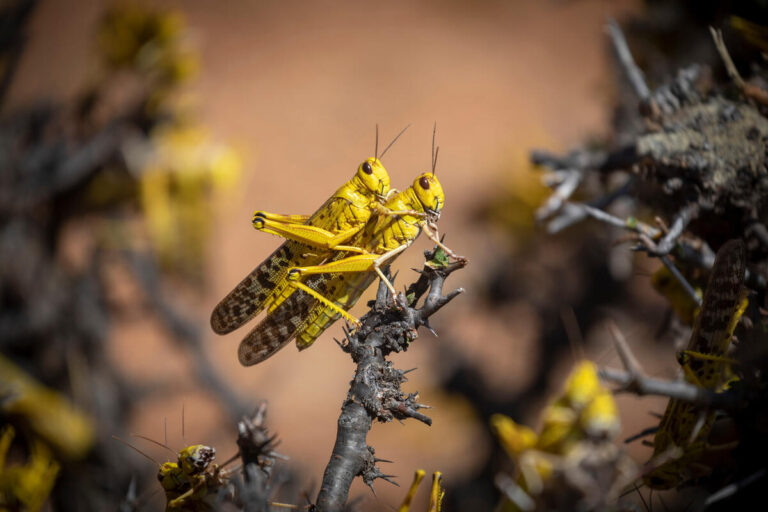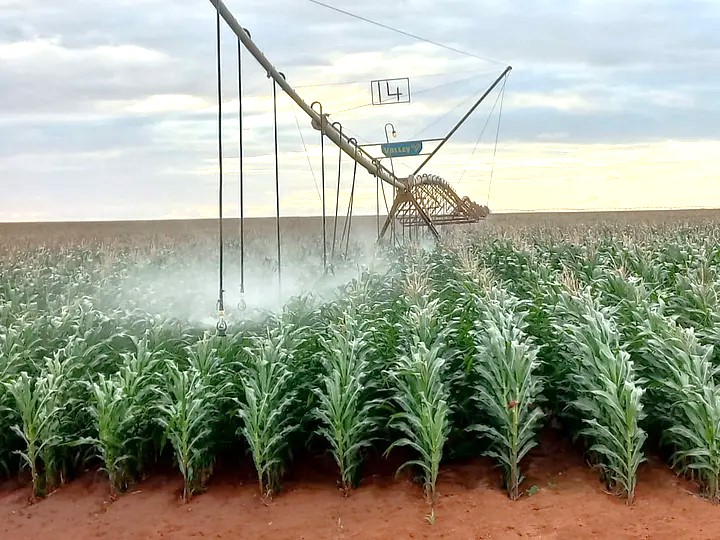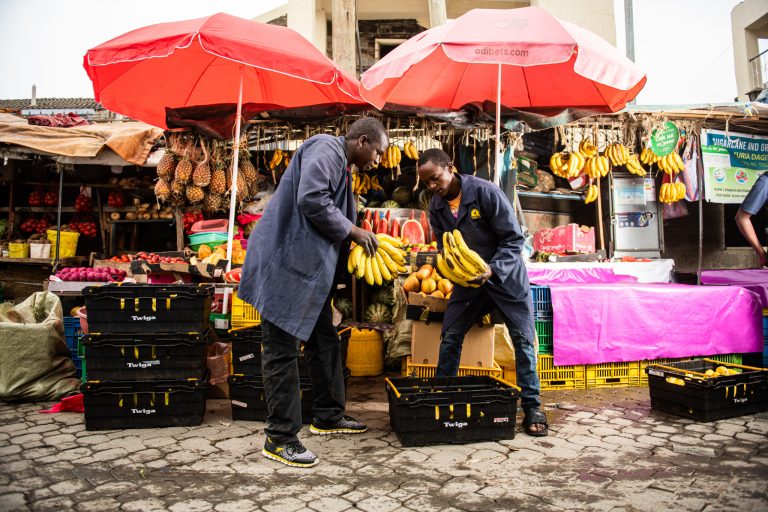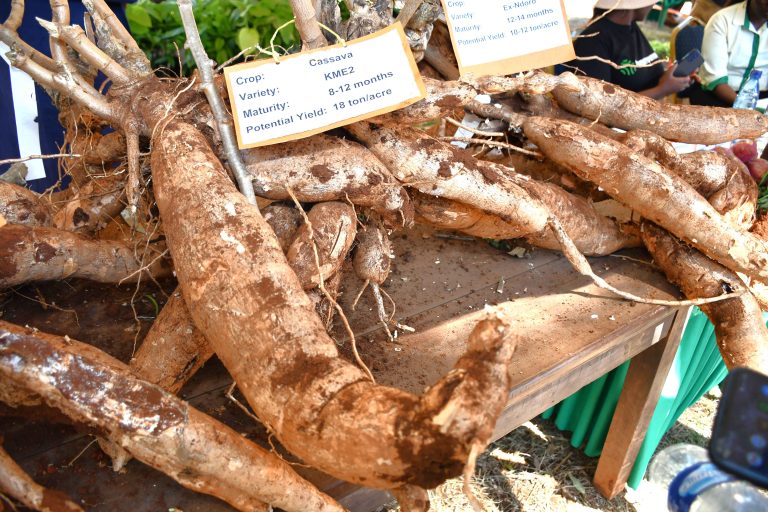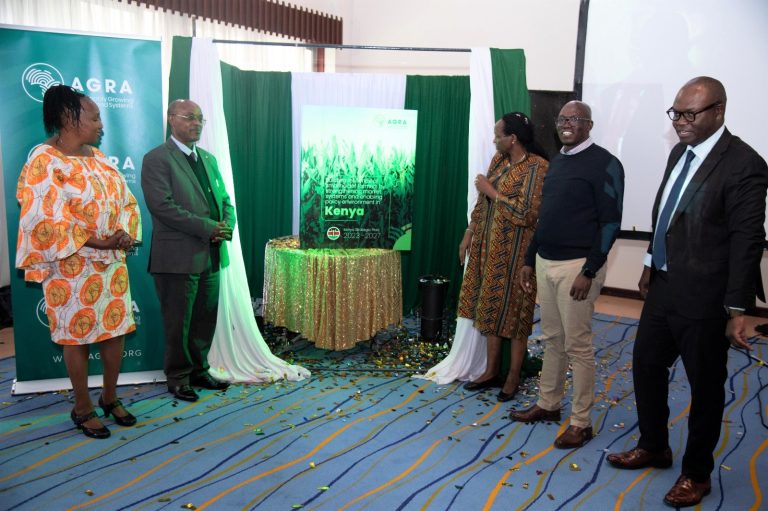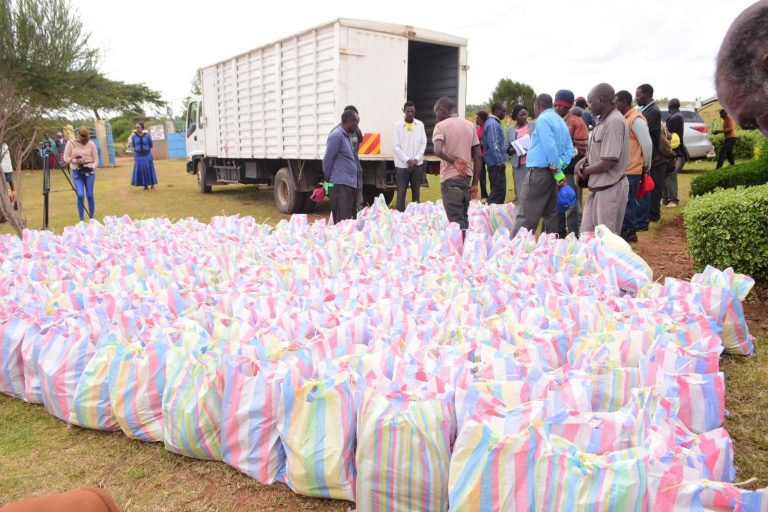The World Bank Board of Directors has approved a $43 million International Development Assistance (IDA)credit for Kenya as part of a larger regional Emergency Locust Response Project to respond to the threat posed by the desert locust outbreak and to strengthen Kenya’s system for preparedness.
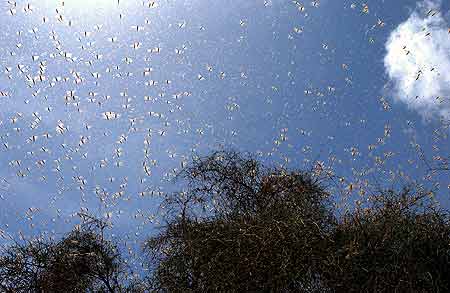
Kenya is facing the worst desert locust invasion in 70 years that has affected the already vulnerable northern region of the country. The locust swarms, which crossed into Kenya from Ethiopia and Somalia on December 28, 2019 pose a severe food security threat to about 3 million people.
“Without immediate intervention, the locust attack could lead to a deterioration in food security towards the end of 2020 and possible rise in food prices. We are working with other development partners to provide, restore and enhance the livelihoods of affected farmers, pastoralists and vulnerable households that havebeen affected by the locust attack and are food insecure,” said World Bank Country Director for Kenya, Felipe Jaramillo.
The Kenya component of the Emergency Locust Response Project will provide immediate surveillance and locust management measures to halt the spread of the pests. It will protect and restore livelihoods by shielding the poor and vulnerable in locust affected areas from human capital and asset loss. The project will prioritize coordination and early warning preparedness interventions by establishing and strengthening a Locust Control Unit (LCU) within the Plant Protection Services Division (PPSD) of the Ministry of Agriculture at the national level to prevent future outbreaks from spiraling out of control.
“This project will further strengthen the Ministry of Agriculture’s ongoing efforts in managing the locust attack. It will also enable technical support and assistance to the Ministry in enhancing their early warning and preparedness systems and to the counties in restoring livelihoods of the affected pastoralists and farmers,” said World Bank Task Team Leader for Kenya, Vinay Kumar Vutukuru.
The World Bank Group is mobilizing a $500 million program of emergency financing, complemented by policy advice and technical assistance, to support countries affected by the locust outbreak. The program seeks to help households and communities safeguard their livelihoods and cope with the economic impacts of locust damage on crops, livestock, and related assets, as well as strengthen national systems for preparedness.
The World Bank’s International Development Association (IDA), established in 1960, helps the world’s poorest countries by providing grants and low to zero-interest loans for projects and programs that boost economic growth, reduce poverty, and improve poor people’s lives. IDA is one of the largest sources of assistance for the world’s 75 poorest countries, 39 of which are in Africa. Resources from IDA bring positive change to the 1.6 billion people who live in IDA countries. Since 1960, IDA has supported development work in 113 countries. Annual commitments have averaged about $21 billion over the last three years, with about 61 percent going to Africa.


